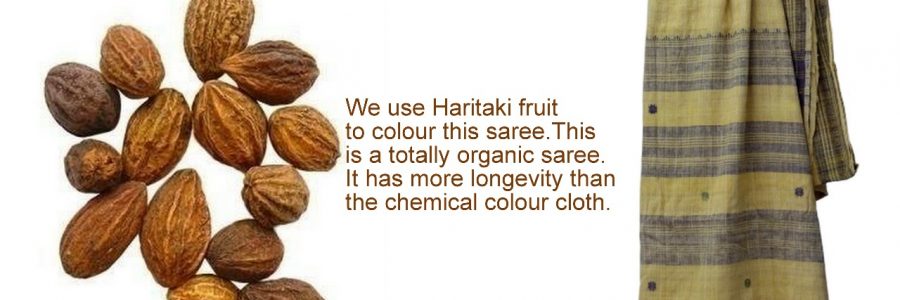Despite the onslaught of machine-made textiles, India’s timeless legacy of handlooms has stood strong against the test of time. According to the 2011-12 report by the Ministry of Textiles, over 43 lakh people in the country are engaged in weaving and allied industries. Handlooms worth US$ 355.91 million were exported in 2017-18. While retail giants like Fabindia have been ruling the roost, linking rural weavers to the urban consumers, relatively newbies like GoCoop and the Khadi Cult are creating noteworthy ripples as well. Following a similar model, a startup from Assam is trying to put on show the jaw-dropping variety of the Assamese handloom before the global purchasers.
Bolkol was launched in 2018 with dual motives of uplifting the economic condition of the indigenous weavers as well as promoting local handlooms among global consumers. When Purabi Medhi, a small-town artisan from Barama in Assam, was struggling to find a lucrative platform to promote and sell her hand-painted sarees and mekhela chador, she approached Krishnarjun Das, the co-founder of Bolkol, seeking help. The startup didn’t just offer her an online platform to market her products, it had also provided the initial hand-holding in terms of internet literacy, online marketing and selling, and product photoshoot, etc. Since her first stint with Bolkol in 2018 till now, Purabi has sold her handmade apparel worth over a lakh.
“Apart from claiming a higher share from selling, big retail platforms do not offer any personalized support like customized marketing guidelines, product photoshoot assistance, etc. We, on the other hand, believe in building a personal bond with the rural weavers to not just get buyers for their products, but also help them grow self-reliant in terms of mastering the marketing mantras,” elucidates Krishnarjun.
The startup’s hand-holding efforts have also won it a collaboration with the Handloom Textiles and Sericulture Department, Government of Assam, under which, the startup will impart product promotion training to the weavers.
For all the marketing assistance provided to the weavers and artisans, the startup keeps a 10% commission from every product sold. Since 8 months of its operation, Bolkol has managed to rope in 3 clusters in Assam and 12 individual weavers.

The startup has, lately, completed an order for 30 Assamese gamusa by a party from Pune, who had approached them after watching the honourable Prime Minister, Shri Narendra Modi sporting a gamusa recently. “It was an emotional moment for us. The party had searched for the gamusa online, but the prices were exorbitant. That’s when they approached us. After delivering the products, they had sent us photographs wearing the gamusa. Indeed, it was one of those ‘chest swelling with pride’ moments! That’s exactly why we started this venture – to tell the world about a rich aspect of our culture, i.e., weaving,” says Pranjal Kalita, the second co-founder.
Understanding the need for value addition to the model, Bolkol has also come up with its line of apparel, with slogan T-Shirts leading in popularity. Encouraged by the demand, the startup is gearing up to launch a production unit at the upcoming Handloom Park at Barama in the Baksa district of Assam. “We are planning to share the fabric samples with reputed fashion houses across the country. Drawing bulk orders will be a big boon for the weavers,” explains Krishnarjun.
Founders, Krishnarjun and Pranjal, however, do not wish to confine the startup to handloom alone. They have opened the gates for handmade jewellery makers and miscellaneous indigenous product artisans as well. The latest inclusion has been the biodegradable bamboo straws made by village artisans. Interested buyers may go to their website and place an order.
One might conclude that what Kashmir Box is to Kashmir, Bolkol might emerge as the same for Assam. But, the founders refuse to restrict themselves to Assam alone. Their upscaling goal is to take the model to the other North-Eastern states, gradually encompassing handloom weaves from across India.
By: Satarupa Mishra






 Career
Career






